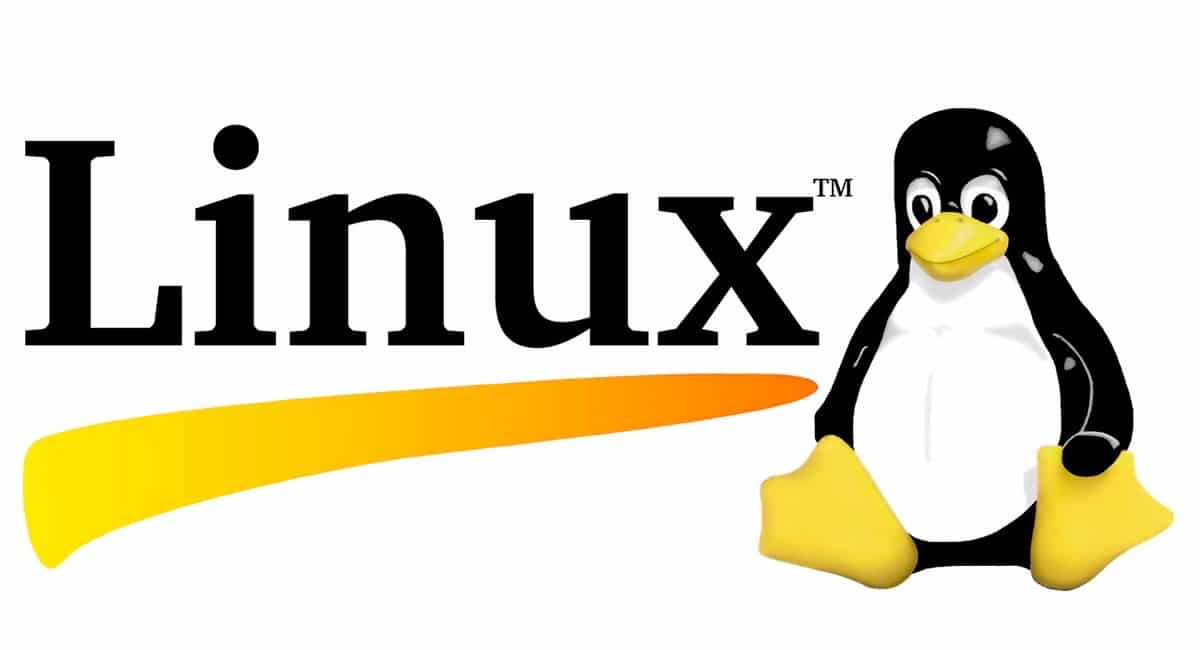
Ever since Apple launched Apple Silicon and then came the M1 chips, there has always been an interest in getting Linux to run on those machines. The clear example of what has been achieved and that it is becoming easier and more profitable is to see how the creator of this operating system, Linus Torvalds, presents the new update through a MacBook Air with the M2 chip. That is, the latest on Macs. The new version Linux 5.19 brings some improvements, not many, important for Apple teams with M1. So it is a good sign and good news.
All operating systems need updates and Linux cannot be less. Let's forget the idea that because it's open source it doesn't need improvements, because just released Linux 5.19 we see that although there aren't many, there are. Apart from its own software improvements, bug fixes, some new features have been added and in the sense of what matters most to us Apple users, we note that it has already integrated the Apple eFuse and Apple M1 NVMe controllers, developed by the Asahi Linux project (initiative to run Linux on Apple with M1).
It is true that there is still a long way to go because, in Linus's own words, it is mentioned that the use of Apple machines to compile the software has been limited. It has not been used "for any real work". It has been used for "do test builds and bootstraps and now the actual release tagging."
The next update is expected to be in 2023. There it is expected that the use of Mac with M2 for the compilation of that operating system will be more fluid. Meanwhile, we will have to wait. Meanwhile, we can savor the news of this new version 5.19. It brings many new features in Intel and other platforms, especially in the gdevice power management.